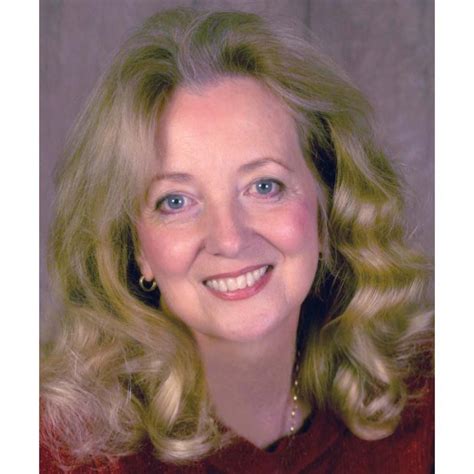A Quote by Thomas Jefferson
The firmness with which the (American) people have withstood the... abuses of the press, the discernment they have manifested between truth and falsehood, show that they may safely be trusted to hear everything true and false and to form a correct judgment between them.
Related Quotes
It is so difficult to draw a clear line of separation between the abuse and the wholesome use of the press, that as yet we have found it better to trust the public judgment, rather than the magistrate, with the discrimination between truth and falsehood. And hitherto the public judgment has performed that office with wonderful correctness.
We have hitherto considered only two possibilities: that the received opinion may be false, and some other opinion, consequently, true; or that, the received opinion being true, a conflict with the opposite error is essential to a clear apprehension and deep feeling of its truth. But there is a commoner case than either of these; when the conflicting doctrines, instead of being one true and the other false, share the truth between them.
[T]aking the Third into account does not bring us into the position of pragmatic consideration, of comparing different Others; the task is rather to learn to distinguish between false conflicts and the true conflict. For example, today's conflict between Western liberalism and religious fundamentalism is a false one, since it is based on the exclusion of the third term which is its truth: the Leftist emancipatory position.
Don't lies eventually lead to the truth? And don't all my stories, true or false, tend toward the same conclusion? Don't they all have the same meaning? So what does it matter whether they are true or false if, in both cases, they are significant of what I have been and what I am? Sometimes it is easier to see clearly into the liar than into the man who tells the truth. Truth, like light, blinds. Falsehood, on the contrary, is a beautiful twilight that enhances every object.
Prophet may you be! If I be false, or swerve a hair from truth, when time is old and hath forgot itself, when waterdrops have worn the stones of Troy, and blind oblivion swallowed cities up, and mighty states characterless are grated to dusty nothing, yet let memory, from false to false, among false maids in love, upbraid my falsehood!
Truth and falsity, indeed understanding, is not necessarily something purely intellectual, remote from feelings and attitudes. ... It is in the total conduct of men rather than in their statements that truth or falsehood lives, more in what a man does, in his real reaction to other men and to things, in his will to do them justice, to live at one with them. Here lies the inner connection between truth and justice. In the realm of behavior and action, the problem recurs as to the difference between piece and part.
There is no learned man but will confess be hath much profited by reading controversies,--his senses awakened, his judgment sharpened, and the truth which he holds firmly established. If then it be profitable for him to read, why should it not at least be tolerable and free for his adversary to write? In logic they teach that contraries laid together, more evidently appear; it follows then, that all controversy being permitted, falsehood will appear more false, and truth the more true; which must needs conduce much to the general confirmation of an implicit truth.
The more sincerity is developed, the greater share of truth you will have. And however much sincerity a person may have, there is always a gap to fill, for we live in the midst of falsehood, and we are always apt to be carried away by this world of falsehood. Therefore we must never think we are sincere enough, and we must always be on our guard against influences which may carry us away from that sincerity which is the bridge between ourselves and our ideal. No study, no meditation is more helpful than sincerity itself.
Good and evil are essential differences of the act of the will. For good and evil pertain essentially to the will; just as truth and falsehood pertain to the reason, the act of which is distinguished essentially by the difference of truth and falsehood (according as we say that an opinion is true or false.) Consequently, good and evil volition are acts differing in species.

































